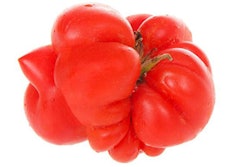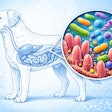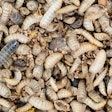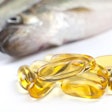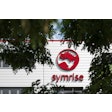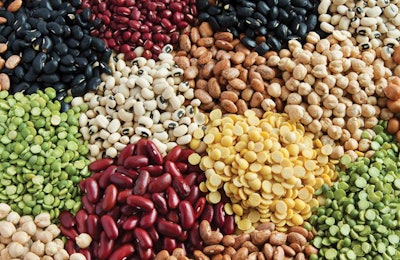
Farmers of pulses, such as peas and lentils, have lost business from the pet food industry, reported KPAX, a media outlet covering Missoula and Western Montana. The decline in demand followed the U.S. Food and Drug Administration announcement in July 2018 about correlations between canine dilated cardiomyopathy and certain grain-free pet foods, which were rich in peas, other pulses and potatoes.
One pulse farmer told KPAX that the pet food industry was an important lifeline for farmers like her. She questioned the reasoning behind the FDA announcement, considering the lack of definitive connection between certain grain-free dog foods and the disease along with the small number of dogs involved. Previously, sales to pet food producers had given her an alternative to exports, which are challenged by the U.S.-China trade war, for her crops. She called on her peers to contact government representatives to ask questions of the FDA.
Pulses as dog food ingredient
In 2017, the last year for which Petfood Industry has data, chickpeas, lentils and peas made up a large percentage of the dry recipes they were in, often showing up in the top 3 to 6 spots in the ingredient deck. In dry dog food, chickpeas were included in 11.5% of the recipes, while lentils appeared in 7.8%. Nearly 5% of dry dog food contained peas.
Not all legumes implicated in FDA dog heart disease study
On July 12, the United States Food and Drug Administration Center for Veterinary Medicine notified the public that some canine dilated cardiomyopathy (DCM) cases were correlated to dogs eating particular diets. These diets contained large amounts of potatoes or legume seeds, also known as pulses, such as peas and lentils. However, FDA’s investigation is just beginning and not all legume seeds, a group including beans, are implicated, especially since many aren’t used in high quantities, said an agency representative.
Which legumes are involved in FDA investigation?
FDA’s warning stated: Diets in cases reported to the FDA frequently list potatoes or multiple legumes such as peas, lentils, other “pulses” (seeds of legumes), and their protein, starch and fiber derivatives early in the ingredient list, indicating that they are main ingredients.
Legumes, classed in the family Fabaceae, and their seeds include various products used in pet and human food. For example, kidney, navy, pinto and green beans are all varieties of the legume Phaseolus vulgaris. Soy beans (Glycine max) too are legumes. Beyond whole beans, other products used in pet food are made from beans, such as guar gum, a thickening agent used mostly in wet pet foods, which is made from the legume Cyamopsis tetragonoloba and not included in the FDA announcement.
For example, guar gum is generally recognized as safe (GRAS) for use as a stabilizer (21 CFR 582.7339), she said. Stabilizers like guar gum are not ordinarily included in pet food in such a large concentration that they would be listed toward the top of the ingredient list (as a main ingredient). Likewise, many other legumes aren’t implicated in FDA’s investigation, since they appear in small amounts or are uncommon in dog food.





